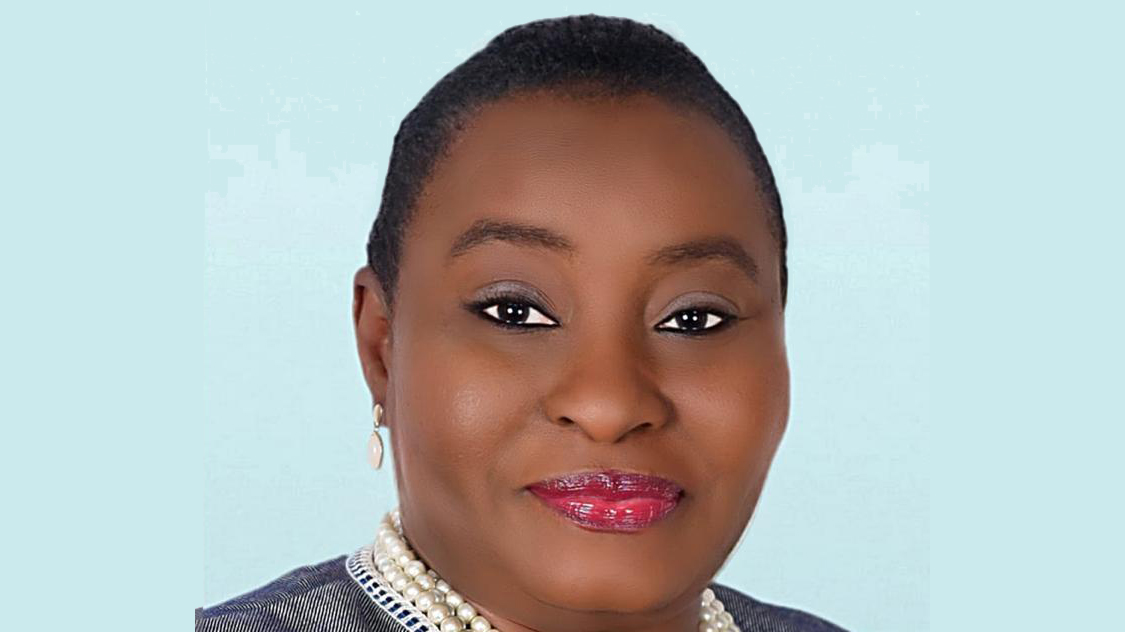Academics and development experts have called on African leaders to prioritise the empowerment of the continent’s youth and marginalised populations.
They said such action was critical for inclusive development and sustainable system transformation.
Speaking at the African Youth Pathways to Resilience and Systems Change (AYPReS) inception workshop, held in Ibadan, the stakeholders emphasised that the aspirations and voices of young people, particularly those living with disabilities, displaced persons and those in informal employment, must be central in policymaking across Africa.
The event was organised by the Partnership for African Social and Governance Research (PASGR), with support from the MasterCard Foundation.
Speaking, Principal Investigator for the PASGR project in Nigeria and a senior lecturer at the University of Ibadan, Dr Babatunde Ojebuyi, explained that the workshop marks a critical phase in a broader 10-country research initiative aimed at influencing policies through community engagement and evidence-based insights.
“This inception workshop is designed to engage marginalised youths and bring their voices to the fore. We are targeting communities often left out – persons with disabilities, displaced youths, informal sector workers, and even school-age youth engaged in labour,” Ojebuyi said.
He said the goal was to generate policy recommendations that reflect the realities of Nigerian youth and contribute to dignified employment and improved livelihoods.
According to him, without empowerment, African youth, despite their passion and drive, cannot fulfil their potential.
Also speaking, an expert in disability and environmental laws and Head of the Department of Jurisprudence and International Law, University of Ibadan, Prof. Bukola Akinbola, underscored the need for a robust legal and institutional support for people living with disabilities.
She said people with disabilities have long endured exclusion, marginalisation, and discrimination.
Although she said the country has laws that guarantee equal rights and protection, enforcement was still lacking.
“They deserve access to education, skills and opportunities to contribute meaningfully to society. It is time we moved from theory to practice,” Akinbola stressed.
Head of PASGR’s Professional Development and Training Programme, Dr Pauline Ngimwa, called on African policymakers to rethink development by equipping youth and marginalised populations with relevant skills and support mechanisms.
Also speaking, Rose Njage, Programme Officer at PASGR and a Kenyan researcher, highlighted findings from a prior youth resilience project, which showed that while many African youths aspire to entrepreneurship, there remains a gap in identifying the specific skills and enterprises they want to pursue.
“Our previous study revealed that marginalised youths are consistently underrepresented in decision-making processes,” Njage noted.
“If 70 per cent of Africa’s population is made up of young people, then they must have a seat at the decision-making table. We cannot create policies for them without involving them,” she said.
Chairman of the Oyo State Youth Development Agency, Adebowale Falana, described youth empowerment as non-negotiable, warning that Africa must decisively tackle the youth unemployment crisis to avoid long-term socioeconomic instability.






